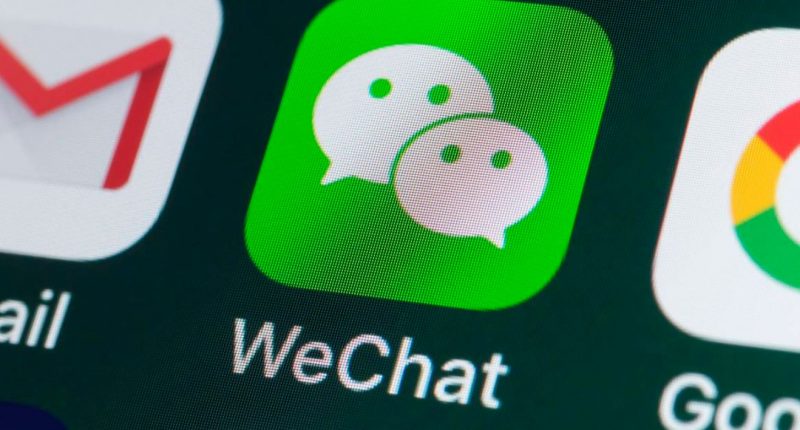Apple and Tencent Holdings have reportedly reached a new agreement that allows the Cupertino-headquartered tech titan to take a 15% share of spending made through WeChat’s mini apps and mini games. This deal, finalized after more than a year of talks, means Apple will now collect a portion of revenue from in-app purchases made inside WeChat on iPhones, reports Bloomberg. The move is noteworthy because, until now, most transactions within WeChat’s mini-program ecosystem (a network of lightweight apps used for gaming, shopping, and services) had operated outside Apple’s payment system.
WeChat’s mini apps (also called mini programs) are small applications built into the platform that let users play games, order food, shop, and even pay bills without leaving the app. These mini apps are central to Tencent’s success and have become a crucial part of daily digital life in China. However, because purchases inside these mini apps did not previously go through Apple’s App Store, the company missed out on potential commissions from millions of Chinese iPhone users. But now with this new 15% cut, the iPhone maker will finally begin to benefit from spending on these embedded apps and games.
It is important to note that Apple typically charges a 30% commission on in-app purchases made through its App Store, a policy that has sparked disputes with developers globally. The 15% rate agreed upon with Tencent is notably lower, reflecting the tech giant’s willingness to compromise in order to gain access to China’s massive mobile services market. The deal becomes even more significant considering WeChat’s mini app ecosystem generated more than 32 billion yuan (~ $4.4 billion) in social-network revenue for Tencent in the September quarter alone, driven heavily by mini games and in-app purchases.
According to the report, the agreement also includes certain technical and compliance conditions. Developers of WeChat mini apps and games will have to integrate Apple’s payment tools, including features that allow parents to manage age-appropriate content for their children. Meanwhile, for Tencent, the deal offers both security and flexibility.
The timing of this latest development becomes crucial as last month, Apple suffered a major legal setback in the UK when the Competition Appeal Tribunal ruled against its App Store practices. The lawsuit, led by British academic Rachael Kent, claimed Apple’s 30% commission inflated prices and restricted consumer choice. If upheld, the ruling could cost Apple up to £1.5 billion ($2 billion) in damages. Earlier in April 2025, the European Commission fined Apple €500 million for breaching the Digital Markets Act by blocking developers from directing users to alternative payment methods outside the App Store.
The Tech Portal is published by Blue Box Media Private Limited. Our investors have no influence over our reporting. Read our full Ownership and Funding Disclosure →






